After her standout performance in RK/RKay (2022), actress Mallika Sherawat is back on screen with Vicky Vidya Ka Woh Wala Video, starring alongside Rajkummar Rao and Triptii Dimri. In a recent interview while promoting the film, Mallika shared deeply personal insights into her difficult childhood and the challenges she faced growing up as a woman in a patriarchal society.
Mallika Sherawat Reveals Lack of Family Support During Her Childhood
In a candid conversation with Hauterrfly, Mallika revealed the lack of family support during her formative years. “I didn’t have anybody’s support. Neither my mother, nor my father supported me. My family did not support me,” she confessed. She discussed how growing up in a traditional family entrenched in patriarchal values significantly limited her opportunities, especially in a society that viewed women as second-class citizens.
Women as Enforcers of Patriarchy: Mallika’s Powerful Insight
Mallika went on to highlight an often-overlooked aspect of patriarchal structures—how women themselves sometimes perpetuate these norms. “How men have treated women is a different thing, but what about how women treat other women? Women continue to tie other women by the peg of patriarchy and close all the doors. They don’t open the doors for other women,” she explained. Her words emphasized the importance of solidarity among women in dismantling oppressive structures.
The Pain of Gender Discrimination: Mallika’s Story
Reflecting on her childhood, Mallika shared painful memories of how her parents treated her and her brother differently. “My parents would discriminate between me and my brother so much. I used to be very sad in my growing up years thinking why my parents discriminate against me so much,” she recalled. She revealed how her family had a different outlook for her and her brother’s futures. “Woh ladka hai usko videsh bhejo, usko padhao, usmein paisa invest karo. Ladkiyon ka kya hai? (They said, ‘Send the son abroad, educate him, invest in him. What about the girls? They will get married, they are a burden.’)”
Despite this gender-based discrimination, Mallika soon realized that her struggles were shared by many other girls in her village. This realization fueled her desire to break free from societal constraints. “I used to feel very bad about it, but then I realized that it was not just me, but all the girls in my village were going through this kind of discrimination and injustice,” she shared.
Mallika’s Defiance Against Patriarchy and Pursuit of Freedom
Mallika also revealed how her family stifled her freedom and discouraged her from pursuing her passion for sports. “I was playing a lot of sports, secretly, because my family didn’t allow me, saying, ‘You’ll become very masculine, manly. Who will marry you?’” she recalled, exposing the narrow mindset she had to contend with. She even mentioned that her birth was met with disappointment, highlighting the deep-rooted patriarchy in her family. “When I was born, there was mourning in my family. My mother, I am sure, went into depression, poor thing.”
Mallika Sherawat: From Oppression to Advocacy for Women’s Rights
Mallika’s journey from a young girl stifled by societal expectations to an outspoken advocate for women’s rights is a testament to her incredible strength and resilience. Her story sheds light on the personal and societal struggles women face in patriarchal environments, and how breaking free from these constraints can pave the way for empowerment and advocacy.
Vicky Vidya Ka Woh Wala Video is now in cinemas, released on October 11, marking another milestone in Mallika’s career and advocacy for women.
SEO Key Points:
- Mallika Sherawat shares her challenging childhood and experience in a patriarchal society.
- Insights into how women perpetuate patriarchy and the need for solidarity.
- Reflections on gender discrimination in her family and society.
- Mallika’s journey from oppression to empowerment, becoming a strong advocate for women’s rights.
- Her return to the screen in Vicky Vidya Ka Woh Wala Video, now in cinemas.










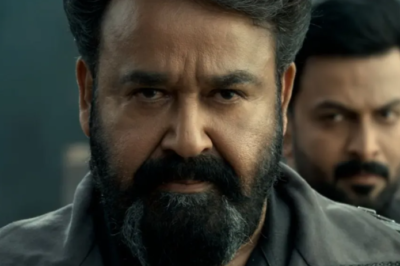



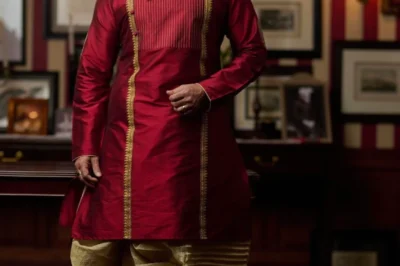
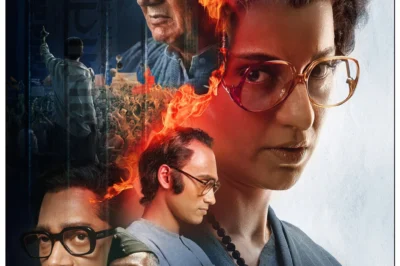

































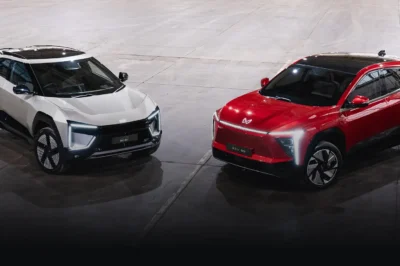
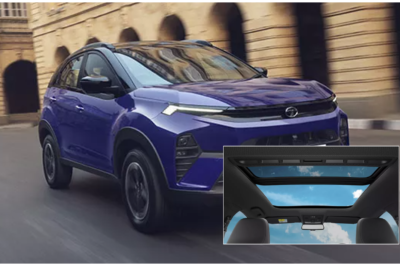
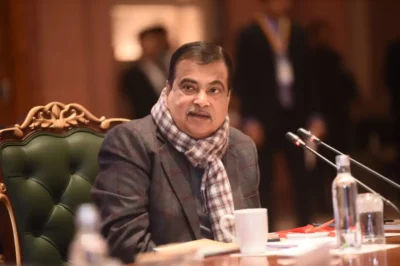

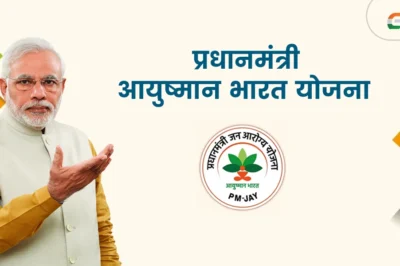



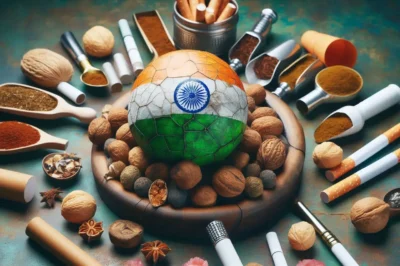










Leave a Reply